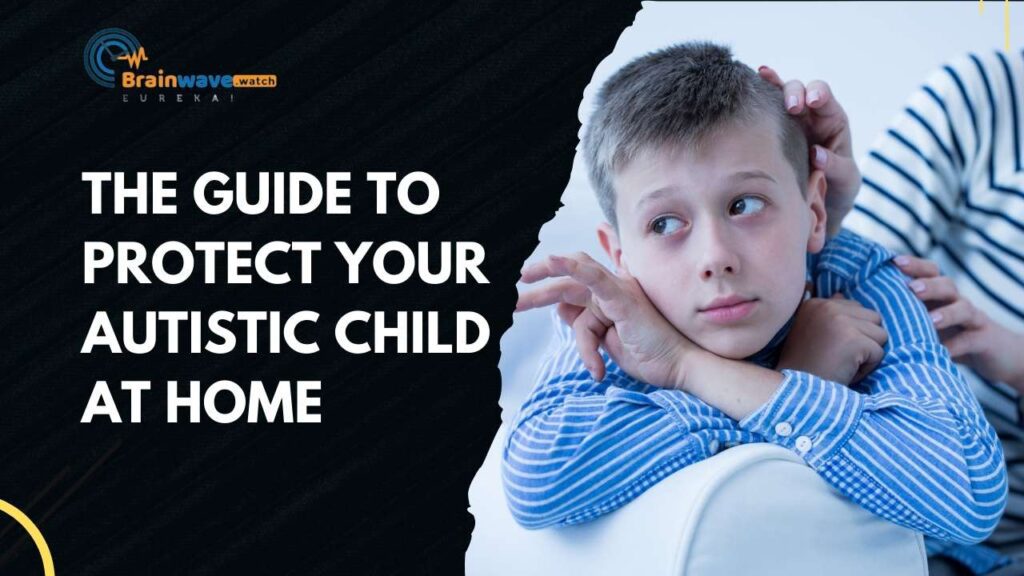Untreated autism can lead to a wide range of challenges that can impact an individual’s social, emotional, and educational development. Here are some of the potential consequences of untreated autism:
Social Challenges
Individuals with untreated autism may experience difficulties in social situations. They may struggle to communicate effectively with others, have trouble making friends, and find it challenging to understand social cues. This can lead to social isolation and feelings of loneliness, which can hurt their mental health.
Behavioral and Emotional Impact
Untreated autism can also lead to behavioral and emotional challenges. Individuals with untreated autism may engage in repetitive behaviors, have difficulty regulating their emotions, and struggle with sensory processing. This can lead to anxiety, depression, and other mental health issues.
Educational Setbacks
Untreated autism can also lead to educational setbacks. Without appropriate treatment and support, individuals with autism may struggle to succeed in school. They may have difficulty with academic tasks, struggle to focus in class, and experience challenges with executive functioning. This can impact their ability to reach their full potential and achieve their goals.
Long-Term Outcomes
Untreated autism can have significant long-term effects on individuals. While early intervention and tailored treatments can help alleviate immediate symptoms, the consequences of untreated autism can give rise to complex challenges in adulthood.
Employment Difficulties
One of the significant challenges faced by individuals with untreated autism is finding and maintaining employment. According to a study published by the National Institutes of Health, only 14% of adults with autism hold paying jobs in their communities. This is compared to 83% of adults without disabilities. Furthermore, those with untreated autism may struggle to perform tasks that are essential for employment, such as communication, social interaction, and time management.
Independent Living Challenges
Untreated autism can also make it challenging for individuals to live independently. They may struggle with basic life skills, such as cooking, cleaning, and managing finances. According to the Autism Research Institute, individuals with untreated autism may require lifelong support and may struggle to manage their daily lives, leading to increased reliance on family members or caregivers.
Importance of Early Intervention
Early intervention is crucial in treating autism. According to the Eunice Kennedy Shriver National Institute of Child Health and Human Development, early interventions are most effective when they occur at or before preschool age, as early as 2 or 3 years of age. During this period, a young child’s brain is still forming, making it more “plastic” or changeable than at older ages. Because of this plasticity, treatments have a better chance of being effective in the longer term.
Early interventions not only give children the best start possible but also the best chance of reducing autistic symptoms. Research has shown that children who receive early intervention services show significant improvement in their language and cognitive skills, social interactions, and daily living skills.
The Centers for Disease Control and Prevention (CDC) states that early intervention services can change a child’s developmental path and improve outcomes for children, families, and communities. Acting early gives a child a chance to receive the appropriate therapy, giving them the best chance for a good outcome in the future.
Moreover, early intervention can also help reduce the long-term costs associated with autism. According to a study published in the Journal of Autism and Developmental Disorders, early intervention services can lead to significant cost savings in the long run. Children who receive early intervention services require fewer special education services and have a lower risk of developing secondary conditions, such as anxiety and depression.
Support and Resources
There are various support and resources available for individuals with autism and their families to help them cope with the challenges that come with the condition. These resources can help individuals with autism to live a fulfilling life and reach their full potential.
One of the most important resources for individuals with autism is early intervention. Early intervention programs can help children with autism develop communication, social, and behavioral skills. These programs can also help parents and caregivers learn how to support their child’s development and manage challenging behaviors.
Another valuable resource for individuals with autism is therapy. Different types of therapy can help individuals with autism to develop communication, social, and behavioral skills. For instance, speech therapy can help individuals with autism to improve their communication skills, while occupational therapy can help them to develop fine motor skills and sensory processing skills.
In addition to therapy, there are also various support groups and organizations that can provide valuable resources and support for individuals with autism and their families. These groups can provide a sense of community and a safe space for individuals with autism to connect with others who share similar experiences.
It is important to note that the resources and support available for individuals with autism may vary depending on their location and access to healthcare. However, with the right support and resources, individuals with autism can lead fulfilling lives and reach their full potential.







